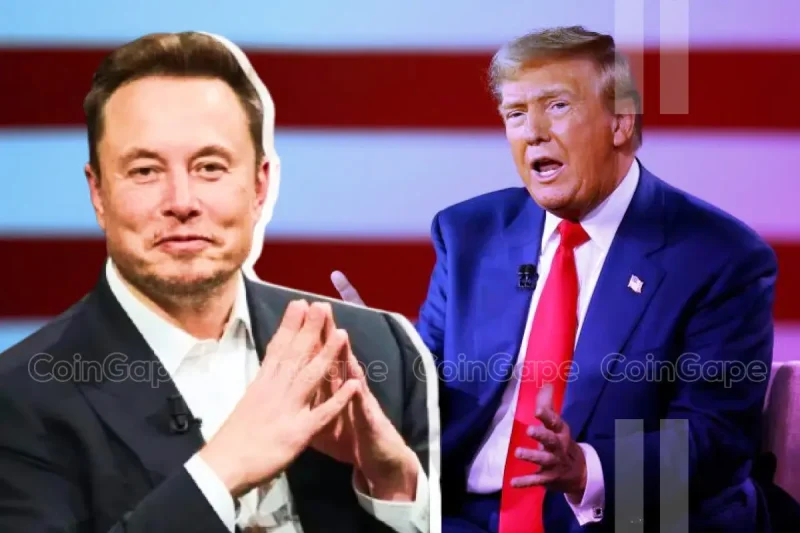
Elon Musk Raises Possibility Of Government Witch Hunt If Donald Trump Loses
Elon Musk could face a government inquiry into his immigration status if Donald Trump loses in the upcoming election. Musk recently suggested that a Trump loss could expose him to government actions, sparking new discussions about his immigration past and raising questions about whether political influence might intensify scrutiny.
Moreover, legal and immigration experts have weighed in, indicating that Musk’s citizenship status could be reconsidered. This is particularly true if he is found to have misrepresented his work history during the naturalization process.
Will a Donald Trump Loss Lead to Government Vengeance on Elon Musk’s Immigration Case?
In a recent statement on X, Elon Musk expressed concern over potential government actions against him. He claimed it is “100% likely” that he could be targeted if Donald Trump is not re-elected. Musk’s comment has brought renewed focus to his early immigration status and work history in the U.S.
Reports indicate that in the 1990s, Musk may have worked without authorization before obtaining his H-1B visa. This has raised questions about his eligibility for U.S. citizenship. According to immigration law, misrepresenting work history or immigration status during the naturalization process can be grounds for revoking citizenship, though such cases are rare.
Additionally, legal experts say that while Musk’s immigration status could be subject to scrutiny, pursuing denaturalization is an uncommon path. Amanda Frost, a professor specializing in immigration and citizenship law, explains that working without authorization can prevent eligibility for a green card if not properly disclosed. However, there is often discretion in enforcing these laws, particularly for cases involving minor violations that occurred decades ago.
Experts Weigh Possible Outcomes Amid Immigration Past
The heightened interest in Elon Musk’s citizenship status follows a Washington Post report suggesting that Musk may have overstayed a student visa in the 1990s. This was while working on a startup venture, later known as Zip2, before securing the required work authorization.
However, Elon Musk has publicly denied that he worked illegally in the U.S. at any point. He has previously stated that he was on a J-1 visa that later transitioned to an H-1B. Immigration experts, nonetheless, note that overstaying a student visa or working without authorization could have led to ineligibility for naturalization had it been undisclosed.
Elon Musk’s assertions that he would be targeted by government agencies have intensified public interest in his past visa status. Stephen Yale-Loehr, a professor at Cornell Law School, points out that if the Tesla CEO concealed details about his work history on his immigration forms, he could face legal challenges.
In addition, amid potential government retaliation, attention has also turned to Donald Trump’s running mate, JD Vance. A recent disclosure reveals that Vance holds between $250,000 and $500,000 in Bitcoin, reinforcing his commitment to digital assets. As a U.S. Senator, Vance has publicly questioned the regulatory approach of the SEC toward crypto firms, promoting clarity in policies. Vance’s association with Trump in the race has been noted as a potential boost for pro-crypto legislation.
More so, analysts suggest that a Donald Trump administration will bring regulatory reforms beneficial to the digital assets industry. Most recently, Bitwise CIO Matt Hougan predicted that a Donald Trump administration could benefit altcoins like Ethereum by providing regulatory clarity.
The post Elon Musk Raises Possibility Of Government Witch Hunt If Donald Trump Loses appeared first on CoinGape.
